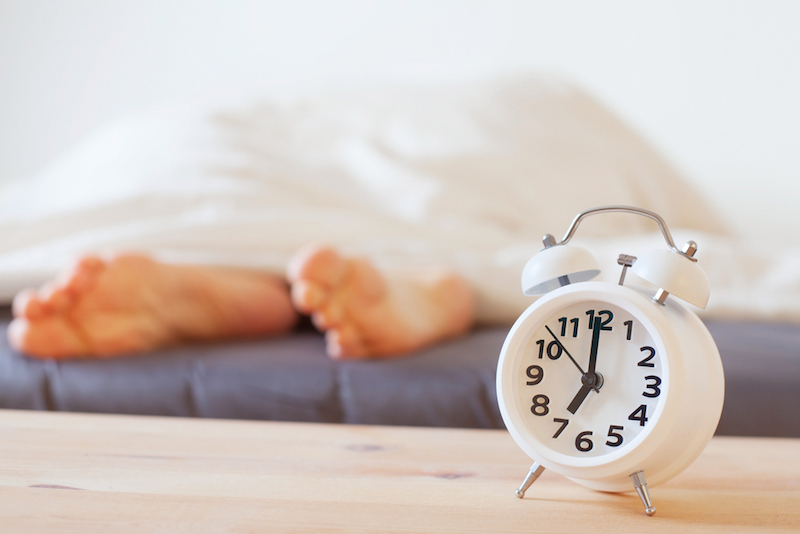Sleepy Teens Are More Likely to Engage in Risky Behaviors

Get the world’s most fascinating discoveries delivered straight to your inbox.
You are now subscribed
Your newsletter sign-up was successful
Want to add more newsletters?

Delivered Daily
Daily Newsletter
Sign up for the latest discoveries, groundbreaking research and fascinating breakthroughs that impact you and the wider world direct to your inbox.

Once a week
Life's Little Mysteries
Feed your curiosity with an exclusive mystery every week, solved with science and delivered direct to your inbox before it's seen anywhere else.

Once a week
How It Works
Sign up to our free science & technology newsletter for your weekly fix of fascinating articles, quick quizzes, amazing images, and more

Delivered daily
Space.com Newsletter
Breaking space news, the latest updates on rocket launches, skywatching events and more!

Once a month
Watch This Space
Sign up to our monthly entertainment newsletter to keep up with all our coverage of the latest sci-fi and space movies, tv shows, games and books.

Once a week
Night Sky This Week
Discover this week's must-see night sky events, moon phases, and stunning astrophotos. Sign up for our skywatching newsletter and explore the universe with us!
Join the club
Get full access to premium articles, exclusive features and a growing list of member rewards.
Teens who are tired are more likely to do risky things that wind up hurting them, a new study suggests.
Researchers surveyed more than 50,000 U.S. high school students, asking them how often they engaged in five behaviors that increase the risk for injuries: texting while driving, rarely wearing a seat belt, rarely wearing a bicycle helmet, riding in a car with a driver who had been drinking, or drinking and driving.
The results showed that teens who slept 7 hours or less on an average school night were more likely to say that they engaged in all five of these behaviors, compared with teens who slept an average of 9 hours a night.
Being sleepy may directly increase a person's risk for injuries — for example, a person could fall asleep behind the wheel or have a slower reaction time. But the new study suggests that sleep-deprived people may also engage in risky behaviors, which, in turn, increases their injury risk, the researchers said.
"Insufficient sleep might cause persons to take more risks and disregard the possibility of negative consequences," the researchers, from the Centers for Disease Control and Prevention, wrote in the journal Morbidity and Mortality Weekly Report.
The National Sleep Foundation recommends that teens ages 14 to 17 get 8 to 10 hours of sleep per night. Tips for promoting sleep include reducing exposure to light in the evening; keeping cellphones, computers and other gadgets out of the bedroom; and going to bed and getting up at the same time each day, the CDC said. [5 Sleep Tips for Gadget Junkies]
Health care providers may also consider screening teens for behaviors that increase the risk for injury, and counseling them, the CDC said.
Get the world’s most fascinating discoveries delivered straight to your inbox.
It's important to note that the new study cannot prove that insufficient sleep causes risky behavior in teens; it's possible that other factors are responsible for the link. For example, depression may increase the risk of both sleep problems and risky behaviors, the CDC said.
Follow Rachael Rettner @RachaelRettner. FollowLive Science @livescience, Facebook& Google+. Original article on Live Science.

Rachael is a Live Science contributor, and was a former channel editor and senior writer for Live Science between 2010 and 2022. She has a master's degree in journalism from New York University's Science, Health and Environmental Reporting Program. She also holds a B.S. in molecular biology and an M.S. in biology from the University of California, San Diego. Her work has appeared in Scienceline, The Washington Post and Scientific American.
 Live Science Plus
Live Science Plus










